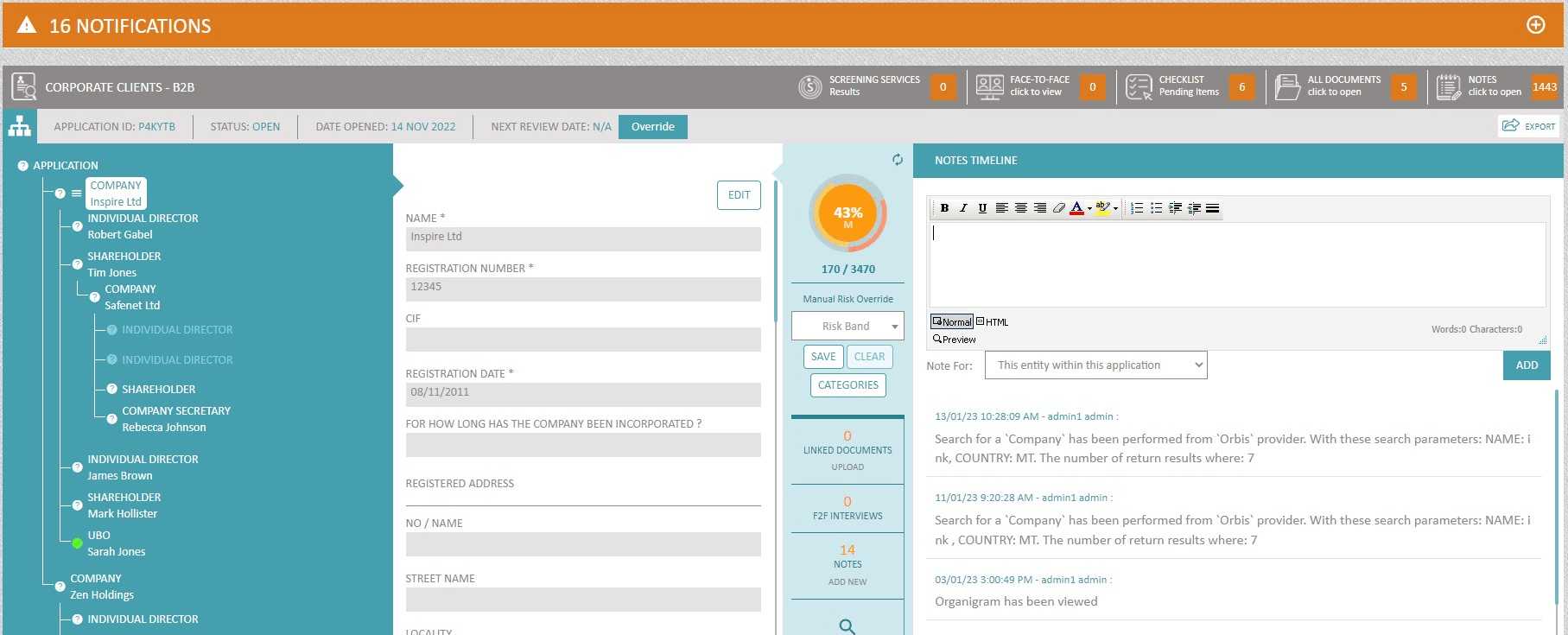Centralise all third party and internal data sources for a holistic view of counterparty lifecycle management.
Another significant impact of KYCP on operations is the aggregation and centralisation of all compliance and risk management data in a secure, tamper-proof and fully audited repository.
The philosophy behind KYC Portal brings together disparate and seemingly unconnected sources of data, through the integration of existing internal data warehouses, irrespective of geographical location for a combined, single data view that allows for far greater insight, in shorter time frames and that above all provides faster, more accurate results in combating exposure to risk.
For any lifecycle management platform to be effective, it needs to be able to sit on top of all the data points that teams use in order to manage such lifecycle. Usually such data sits in a number of systems both internal as well as external. Data on counterparties will sit in systems such as ERPs, CRMs, core systems and numerous other sources such as excel sheets, PDFs and many more.
However throughout such a lifecycle many use third party sources such as company house registers, screening data, credit rating and others. All this separate from the data that is being collected on such counterparts throughout the onboarding process. Any lifecycle management platform should allow for such data feeds. This is done via integration points such as the REST API of KYC Portal. However it is also important that the lifecycle management platform allows you to configure all the necessary data elements to be able to store those values. KYC Portal allows the compliance and operational teams to be able to design such fields and decide at which stage of the process they should be filled in, from where and also what should happen to the lifecycle based on such data.
